Pear, genus of some 20 – 45 trees and shrubs in the rose family, including the common pear. One of the most important fruit trees in the world, the common pear is cultivated in all temperate-zone countries of both hemispheres. The fruit is commonly eaten fresh or is canned. It is also used to produce Perry, an alcoholic beverage. Pear fruits are generally sweeter and of softer texture than apples and are distinguished by the presence of hard cells in the flesh.
Benefits of pear
May promote gut health
Pears are an excellent source of soluble and insoluble fiber, which are essential for digestive health. These fibers help maintain bowel regularity by softening and bulking up stool.
One medium-sized pear (178 grams) packs 6 grams of fiber — 22% of your daily fiber needs.
Additionally, soluble fibers feed the healthy bacteria in your gut. As such, they’re considered prebiotics, which are associated with healthy aging and improved immunity.
Notably, fiber may help relieve constipation. In a 4-week study, 80 adults with this condition received 24 grams of pectin — the kind of fiber found in fruit — per day. They experienced constipation relief and increased levels of healthy gut bacteria.
Contain beneficial plant compounds
Pears offer many beneficial plant compounds that give these fruits their different hues.
For instance, anthocyanin lend a ruby-red hue to some pears. These compounds may improve heart health and strengthen blood vessels.
Though specific research on pear anthocyanin is needed, numerous population studies suggest that a high intake of anthocyanin-rich foods like berries is associated with a reduced risk of heart disease.
Pears with green skin feature lutein and zeaxanthin, two compounds necessary to keep your vision sharp, especially as you age.
Again, many of these beneficial plant compounds are concentrated in the skin.
Has anti-inflammatory properties
Although inflammation is a normal immune response, chronic or long-term inflammation can harm your health. It’s linked to certain illnesses, including heart disease and type 2 diabetes.
Pears are a rich source of flavonoid antioxidants, which help fight inflammation and may decrease your risk of disease.
Several large reviews tie high flavonoid intake to a reduced risk of heart disease and diabetes. This effect may be due to these compounds’ anti-inflammatory and antioxidant properties.
What’s more, pears pack several vitamins and minerals, such as copper and vitamins C and K, which also combat inflammation.
Linked to a lower risk of diabetes
Pears — particularly red varieties — may help decrease diabetes risk.
One large study in over 200,000 people found that eating 5 or more weekly servings of anthocyanin-rich fruits like red pears was associated with a 23% lower risk of type 2 diabetes.
Additionally, a mouse study noted that plant compounds, including anthocyanin, in pear peel exhibited both anti-diabetes and anti-inflammatory effects.
What’s more, the fiber in pears slows digestion, giving your body more time to break down and absorb carbs. This can also help regulate blood sugar levels, potentially helping prevent and control diabetes.


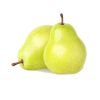

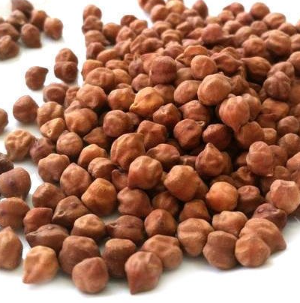

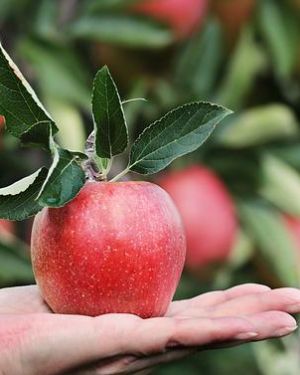
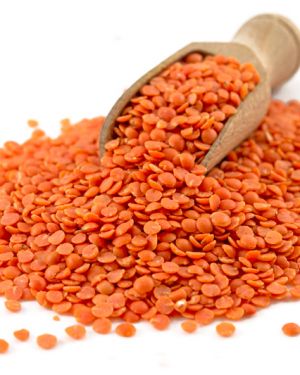
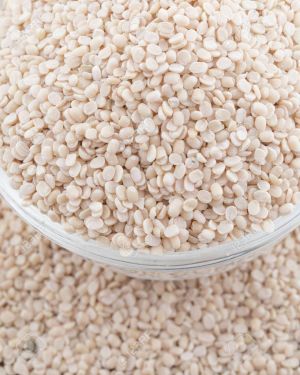

Reviews
There are no reviews yet.